Are you receiving sufficient vitamin D in your daily meals? This nutrient is essential for the development of healthy cells, the maintenance of a strong immune system to prevent illness, rickets in children and, in conjunction with calcium, protects elderly adults from osteoporosis. Therefore, you should include vitamin D rich foods in your diet.
Table of Contents
What is Vitamin D?
Vitamin D (also known as "calciferol") is a vitamin that is fat-soluble that occurs naturally in some foods, is added to others, and is sold as a supplement to the diet. Vitamin D is also synthesised endogenously when sunlight's ultraviolet (UV) rays strike the skin and initiate vitamin D synthesis.
Vitamin D, like other vitamins, is a substance required for health in minute quantities. In contrast to other vitamins, it is not found naturally in diet but can be produced by the body. Most people are aware that humans produce vitamin D, the "sunshine vitamin," through exposure to sunlight.
Our bodies produce vitamin D3, also known as cholecalciferol. Vitamin D2 is ergocalciferol that differs marginally from vitamin D3 but functions similarly within the body. D3 is marginally more powerful.
The primary distinction between the two dietary supplements is the manner in which they are produced. D3 is derived from animal sources, but it can also be produced from lichen. D2 is produced from plant materials.
Why do you need Vitamin D?
A vitamin D deficiency can have severe effects on the body. Vitamin D is essential due to the following:
- Bone Wellness
Doctors found vitamin D while researching the childhood bone disorder rickets. Today, rickets is uncommon, however vitamin D remains crucial for healthy bones. It is particularly essential for postmenopausal women who might be at risk for osteoporosis. Vitamin D is additionally employed to treat osteomalacia (bone softening), a more severe bone condition. Vitamin D facilitates calcium absorption in the body. Without vitamin D, barely any of the calcium in food is utilised by the body.
- Anti-Cancer Properties
Blood levels of vitamin D are inversely proportional to the incidence of prostate, colorectal, and pancreatic malignancies. Vitamin D has been linked with fewer tumours and slower tumour progression in animal studies. According to human clinical trials, vitamin D can't prevent cancer, but it may delay its progression.
- Brain Wellness
Low vitamin D levels could represent a risk factor for Alzheimer's disease and other forms of dementia.
Role of Vitamin D rich foods:
- Contributes to maintaining healthful bones and teeth.
- Immune, cerebral, and nervous system support.
- Regulates insulin levels, thereby aiding in the management of diabetes.
- Improves respiratory and cardiovascular health.
- Affects gene expressions associated with cancer involvement.
Therefore, it is essential to consume vitamin D-rich foods to maintain healthy and functional bones.
Vitamin D Rich Foods in India
Although exposure to sunlight can induce vitamin D synthesis in the body, it is not dependable due to weather conditions. To ensure adequate vitamin D levels, you should include the following vitamin D-rich substances in your daily diet:
Fishes: Salmon, herring, mackerel, and sardines .
Liver
Red meat
Egg yolks
Fortified foods such as fat condiments and breakfast cereals, among others.
Now let's examine these nutrients in greater detail to determine how much you should consume.
Salmon
This oily fish is an outstanding way to get vitamin D.
Furthermore, the consumption of wild or farmed salmon can have a significant impact. Farmed salmon contain less vitamin D than their wild counterparts. A 100g serving of wild salmon includes 988 IU of vitamin D, while farmed salmon contains only 25% of the daily value.
Sardines and Herrings
Herring is a common fish served canned, smoked, pickled, or raw around the globe. Additionally, sardines are an excellent source of vitamin D. There are 177 IU of vitamin D present. Fish rich in vitamin D, such as halibut and mackerel, should be incorporated into one's diet.
Cod Liver Extract
You can substitute this supplement for fish consumption. It is nutrient-dense and provides 448 IU of vitamin D for each teaspoon. Children with vitamin D insufficiency can consider consuming this supplement.
Egg Yolks
Vitamin D is not only found in seafood. A typical egg provides 37 international units of this vitamin. The vitamin D content of this food, however, depends on exposure to the sun and the vitamin D level of poultry feed.
Sun-exposed, pasture-raised poultry produce eggs which are three to four times higher in vitamin D. These eggs contain 6,000 international units of vitamin D.
Mushrooms
This is a plant-based vitamin D source. Similar to humans, mushrooms can produce vitamin D when exposed to sunlight. They are said to contain 2,300 IU of vitamin D2 per 100 grammes
Tuna in cans
With 268 IU of vitamin D per ounce, tuna in a can is an exceptional source. It is also less expensive than purchasing fresh fish. Additionally, by consuming tuna in a can, you can increase your vitamin K and niacin levels.
Due to the presence of toxic methylmercury, however, excessive consumption of this product can result in serious illness.
Supplemented Foods
Natural substances rich in vitamin D are scarce. However, this is added to certain foods that lack this nutrient naturally. These vitamin D-rich foods include:
Typically, vitamin D is abundant in animal-based diets. Therefore, vitamin D-rich vegetables are difficult to locate on the market. To learn more about vegetarian vitamin D sources, see the following section!
Sources of Vitamin D for Vegans
The only sources of vitamin D in a person's diet are protein from animals and fortified foods. Although vegetables do not contain vitamin D, some plant-based foods and plant milk are excellent sources of Vitamin D. Here are some culinary options for vegetarians and vegans:
Wild Mushrooms: If you are searching for a vegetable with a high vitamin D content, you can rely on some mushrooms, which are rich in vitamin D. These types of mushrooms receive exposure from ultraviolet light during commercial cultivation.
Certain plant milks, such as soy, oat, rice, hemp, and almond milk, have been enriched with vitamin D in comparable amounts to cow's milk. This milk contains up to 100 IU of vitamin D per cup.
Both dairy and nondairy yoghurts are fortified with vitamin D, making them vitamin D-rich. Approximately 52 IU of vitamin D per 100g of yoghurt.
Tofu is a substitute for soft cheese products that is widely ingested by vegans worldwide. A number of them are vitamin D fortified. Tofu contains 100 IU of vitamin D per 100g.
Because they are fortified, certain ready-to-eat breakfast cereals and muesli have been identified as a good source of vitamin D. Depending on the variation, one-half cup of cereal contains about 120 international units of vitamin D.
If the above-mentioned foods do not provide enough vitamin D, experts recommend increasing sun exposure and consuming vitamin D supplements. Vegetarians typically have access to vitamin D2 supplements derived from yeast or UV-exposed mushrooms.
Similarly, vitamin D-containing fruits are less accessible than other sources of this nutrient. The following section describes vitamin D-rich Indian fruits.
What is the Best Fruit for Vitamin D?
When arranging to incorporate vitamin D-rich fruits into your everyday meals, it is recommended to seek out fortified foods. These do not inherently contain this specific nutrient, but they can become an effective source through artificial processing. Orange juice is one such item.
Orange juice satisfies the requirement for vitamin D-rich fruits because it is enriched with calcium and vitamin D. One cup of orange juice contains approximately 100 IU of vitamin D, or 12 percent of the Daily Value. (The Daily Value was devised by the FDA to assist consumers in comparing their daily intake of nutrients from supplements and food to their total dietary intake).
Aside from this, individuals may boost their vitamin D consumption by consuming breakfast cereals and muesli. If you do not consume vitamin D-rich substances derived from animals, exposure to sunlight is also suggested.
Side effects of Vitamin D
It is essential to avoid taking excessive vitamin D. Vitamin D overdose is uncommon but potentially severe, manifesting as nausea, bone discomfort, and kidney stones, among other symptoms.




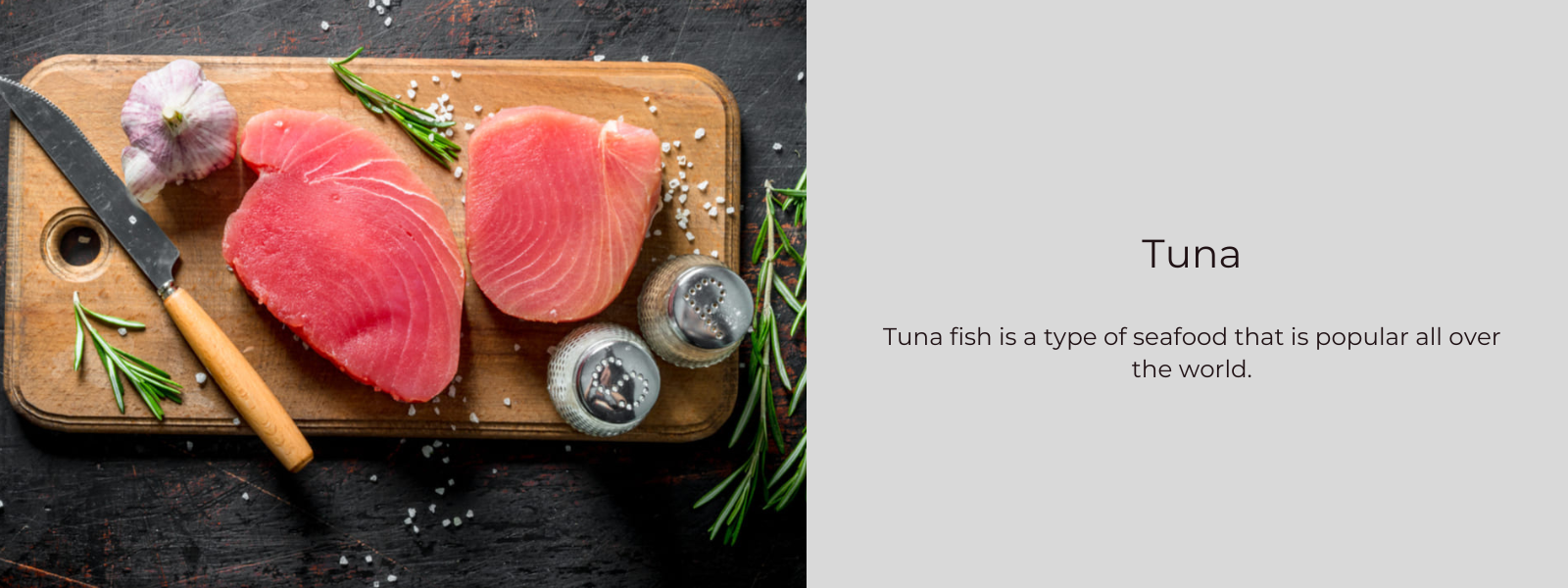
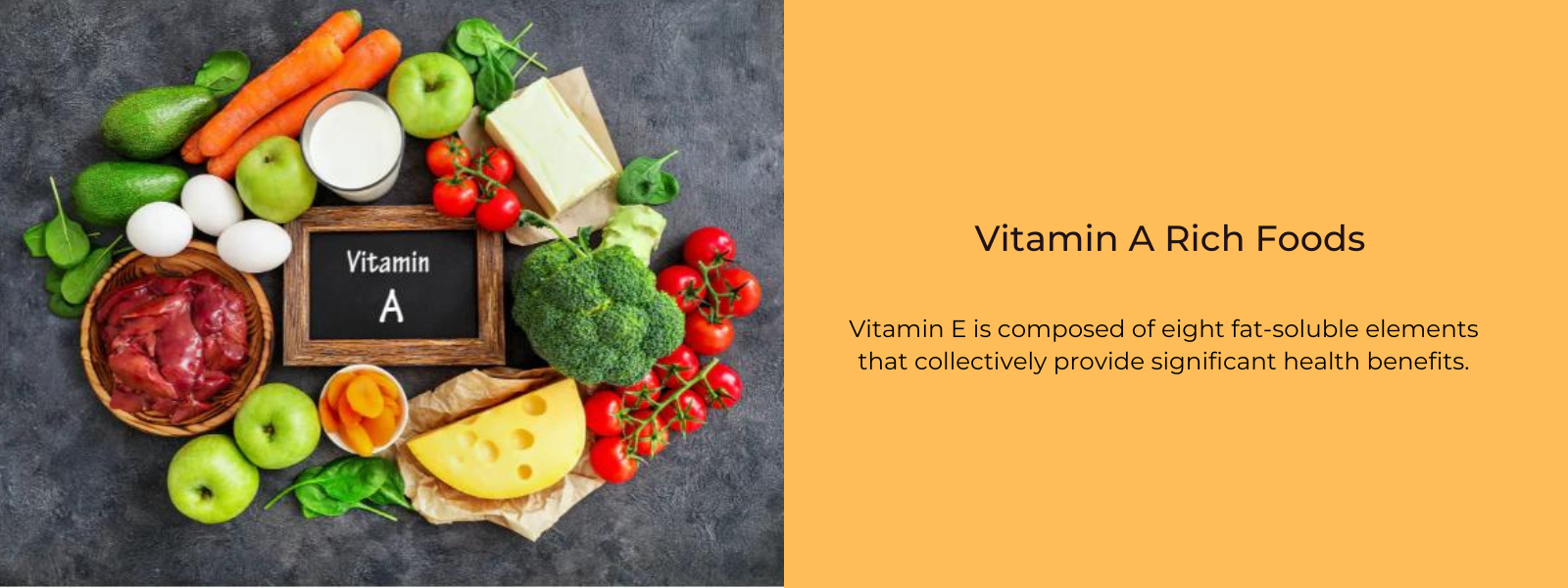
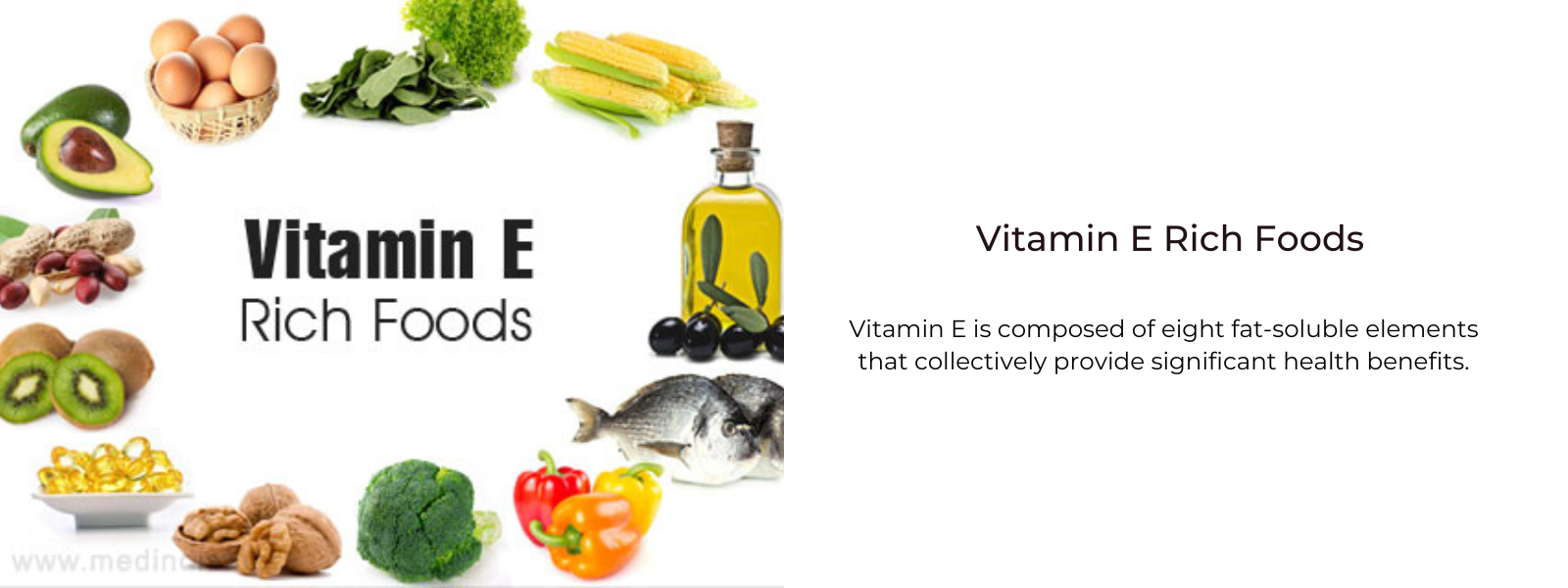
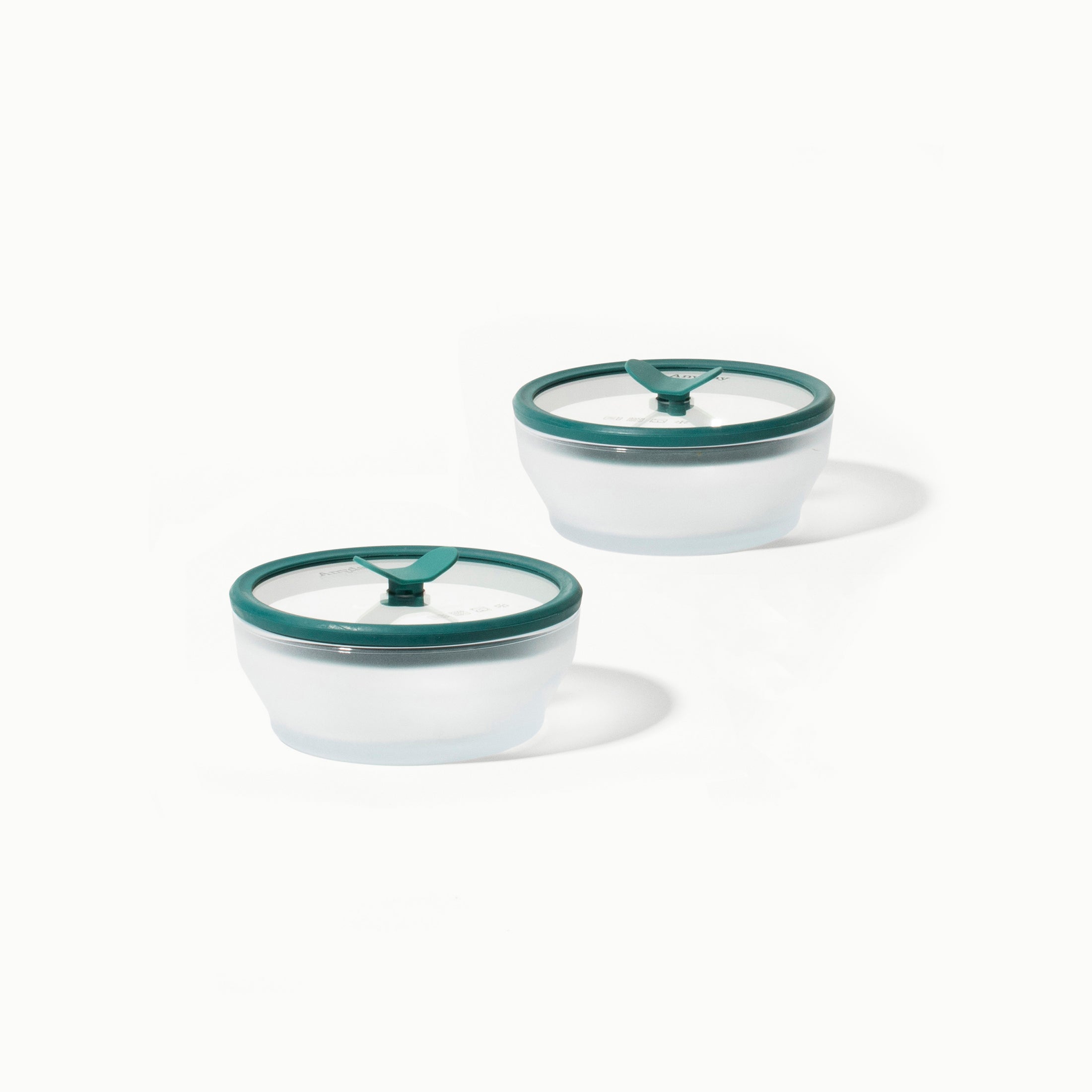
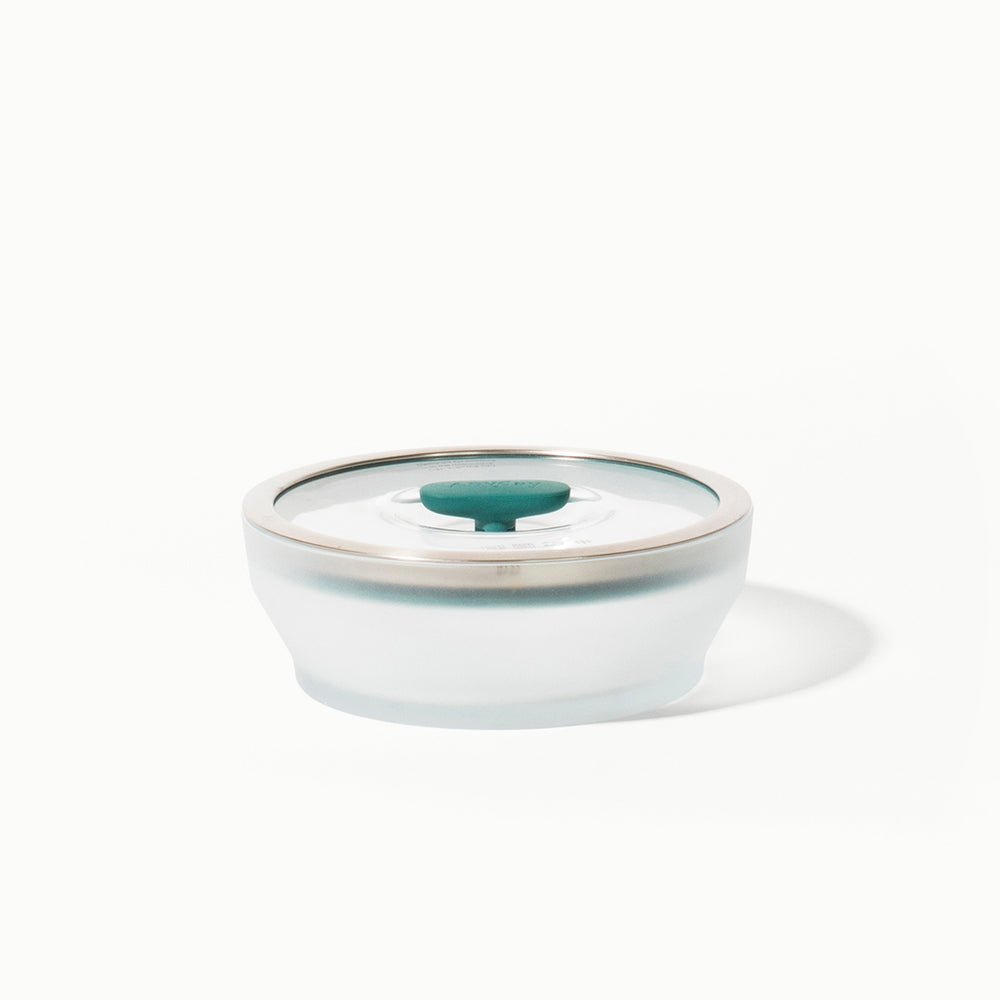




Leave a comment